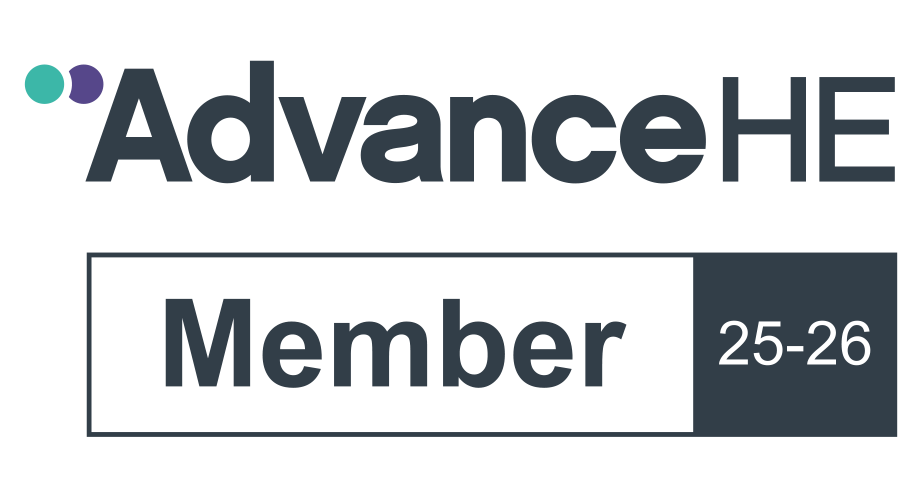LSBF's Postgraduate Programmes
At the London School of Business and Finance (LSBF), we offer a range of postgraduate degree programmes designed to equip you with the skills and knowledge required to excel in today's competitive global market. Our Postgraduate courses are tailored to provide practical, real-world insights and are delivered by industry-leading professionals. With a strong emphasis on innovation and excellence, our courses are designed to enhance your career prospects and open doors to new opportunities.

Studying master's degree courses gives you the opportunity to:
- Learn more about a topic that interests you, particularly on a master’s degree
- Benefit from flexible study – many students study part-time whilst they continue working
- Gain a particular qualification for the job you want, such as a law degree
- Improve your job prospects or choose a new direction for your career
At LSBF, you can choose from a wide range of master’s degrees, or a combination of a postgraduate programme with a professional qualification.
Entry Requirements
Our postgraduate degrees take applications from motivated individuals seeking the necessary skills to improve their job prospects. While entry requirements may differ between programmes, you’ll typically need to obtain and include:
- A completed undergraduate degree or equivalent. Relevant work experience in lieu of this undergraduate degree may be accepted on a case-to-case basis.
- English proficiency such as IELTS, TOEFL, PTE, and others.
- Curriculum vitae (CV)/resumé
LSBF's entry requirements vary depending on your Master's degree course, so it is best to check before applying.

Will postgraduate study improve my job prospects?
In general, having a postgraduate degree does improve job prospects, but it requires research and careful planning of how you will proceed after you finish the degree. By studying a postgraduate course, you will gain a deeper understanding of the field you want to work in. This is helpful to you when applying for jobs, as the employer will see from your CV that you have an active interest in the field and therefore are likely to be a good asset to their business. If you want to pursue an academic career, postgraduate degrees are especially useful, as they show dedication to study – particularly a master’s degree.
Our Postgraduate Programmes
Global MBA
Obtain the essential marketing skills required by today’s top organisations.
Finance
Gain a comprehensive understanding of the ever-changing field of finance and investment
Management
This international qualification will equip you with the latest management and leadership skills
Marketing
Obtain the essential marketing skills required by today’s top organisations.
MBA in Business Innovation and Change Management
The MBA in Business Innovation and Change Management equips professionals to drive transformation, innovation and adaptability in dynamic businesses.
Master of Public Health
This professional degree will include a range of scientific disciplines to give you the tools to solve today's complex public health challenges.


